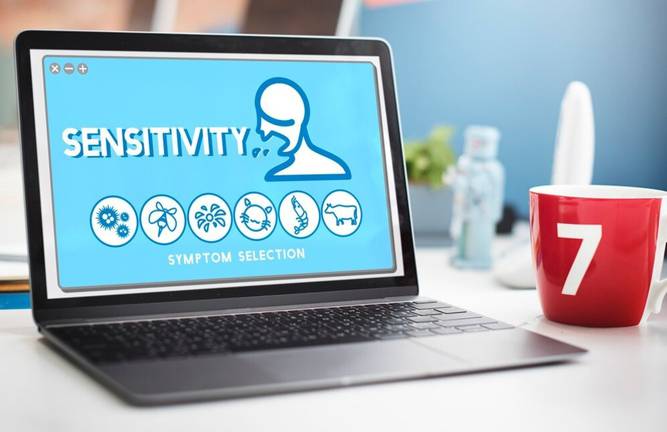In recent years, the intersection of technology and mental health has sparked significant interest, particularly in the realm of facial recognition for depression detection. As we delve into this innovative yet controversial field, it’s essential to explore the ethical implications that accompany the use of such technology. With mental health issues affecting millions globally, the potential for facial recognition to aid in early detection is promising, but it raises critical questions about privacy, consent, and accuracy. ?

The Rise of Facial Recognition Technology
Facial recognition technology has advanced rapidly, with applications ranging from security to social media. According to a report by MarketsandMarkets, the global facial recognition market is projected to grow from $3.2 billion in 2020 to $7 billion by 2025, at a compound annual growth rate (CAGR) of 16.6%. ? This growth reflects the increasing reliance on AI and machine learning in various sectors, including healthcare.
Statistics on Mental Health
Mental health issues are a growing concern worldwide. The World Health Organization (WHO) estimates that 1 in 4 people will experience a mental health issue at some point in their lives. Here are some key statistics that highlight the urgency of addressing mental health:
| Statistic | Value |
|---|---|
| Global prevalence of depression | 264 million people |
| Increase in depression rates (2020) | 25% increase |
| Percentage of people seeking help | 35% |
| Average delay in treatment | 10 years |
These figures underscore the need for innovative solutions in mental health care, making the exploration of facial recognition technology particularly relevant.
How Facial Recognition Works for Depression Detection
Facial recognition technology analyzes facial expressions, micro-expressions, and even physiological responses to assess emotional states. By utilizing machine learning algorithms, these systems can identify patterns associated with depression. For instance, a study published in the journal Nature found that AI could accurately detect depression with an accuracy rate of 70% based on facial cues alone.
Ethical Concerns
While the potential benefits of using facial recognition for depression detection are significant, several ethical concerns must be addressed:
- Privacy: The collection of facial data raises questions about user consent and data security. Who owns the data, and how is it stored?
- Bias: AI systems can perpetuate existing biases. A study by MIT Media Lab found that facial recognition systems had an error rate of 34% for darker-skinned women compared to 1% for lighter-skinned men. This bias could lead to misdiagnosis or inadequate support for marginalized groups.
- Stigmatization: Labeling individuals based on facial recognition could lead to stigmatization and discrimination, further complicating their mental health journey.
The Role of Stakeholders
To navigate these ethical concerns, collaboration among various stakeholders is crucial. Mental health professionals, technologists, ethicists, and policymakers must work together to create guidelines that prioritize patient welfare. Here’s a breakdown of potential roles:
| Stakeholder | Role in Ethical Implementation |
|---|---|
| Mental Health Experts | Provide insights on clinical relevance and care |
| Technologists | Ensure accuracy and fairness in algorithms |
| Ethicists | Address moral implications and societal impact |
| Policymakers | Develop regulations to protect user rights |
Future Directions
As we look to the future, the integration of facial recognition technology in mental health care must be approached with caution. Continuous research and dialogue are essential to ensure that the technology is used ethically and effectively. Organizations like the American Psychological Association are already discussing the implications of AI in mental health, emphasizing the need for responsible innovation.
Conclusion
Facial recognition for depression detection holds promise, but it is imperative to address the ethical concerns that accompany its use. By fostering collaboration among stakeholders and prioritizing privacy, accuracy, and fairness, we can harness the potential of this technology while safeguarding the rights and dignity of individuals. As we move forward, let’s ensure that innovation in mental health care is both effective and ethical. ?
For more insights on mental health and technology, you can explore resources from the World Health Organization and the American Psychological Association.



